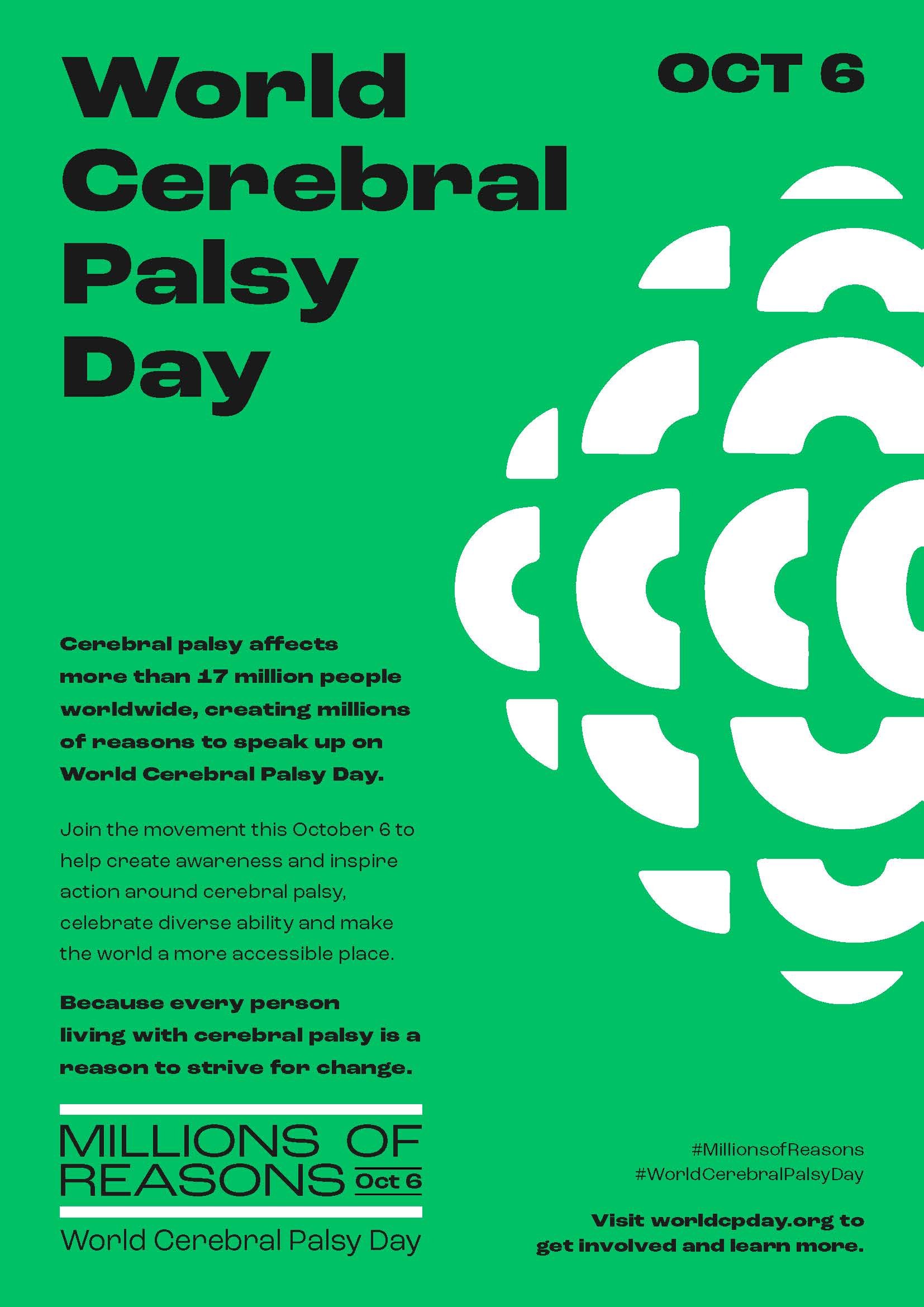Kirsty Colquhoun is a consultant Geriatrician in Glasgow. She also has Cerebral Palsy and is a trustee for Cerebral Palsy Scotland. She tweets @colki1983
“They told my mum he would never live beyond twelve, Dr Colquhoun, so no-one has bothered with his Cerebral Palsy (CP) since.” That is what the sister of Mr C told me when she came with her brother to my Older Adult Clinic.
Mr C, who was in his 70s, was referred with weight loss. What soon became apparent was that his weight loss was a secondary complication of his CP, and a lack of specialist, multi-disciplinary services to address the problems that his CP caused as he got older. Those of us with CP are acutely aware of the cliff edge that you fall off when you transition from paediatric to adult services, with virtually no specialist services available despite the fact that it is a lifelong, life-changing condition.
Mr C came to my clinic slumped over to one side in a terrible fitting wheelchair. He felt literally and metaphorically as if no-one had ever listened to him. His Cerebral Palsy affected his speech, he had never had a communication aid, and he felt that no-one had ever tried to address the challenges he faced as a result of his disability. His poor posture and increasing problems with swallowing meant that eating and drinking had become more and more effort. His sister, who was in her 80s, was his main carer – he now needed help with all ADLs and she faced increasing carer stress.
It was clear that Mr C needed a specialist, multi-disciplinary approach to his CP. When I recently gave evidence to the All Party Parliamentary Group on Health Inequalities for adults with CP, this was mentioned time and time again as what adults with CP want and need, as suggested in the NICE Guidelines for Cerebral Palsy in Adults. For us, the only way to access this was via CP Scotland, a local charity. There, a specialist physiotherapist worked with local AHPs to deliver a rehabilitation programme. Mr C got a new wheelchair, even with a special handle so that his sister could push it with more ease. Podiatry gave him a raised shoe that no longer fell apart. He was seen by speech and language therapy who put him on a safe, staged diet. He got his first communication aid in the form of an iPad. I addressed the musculoskeletal problems that plague so many of us with CP.
Mr C came back to clinic a new man. He was sitting up straight and smiling. Pain had reduced from 7/10 to 3/10 (imagine living your life with pain of 7/10). His mood was better, he had gained weight and his sister looked like a burden had been lifted off her shoulders. For the first time ever, he left his wheelchair at the door of his day centre and walked with his rollator!
We might see this as a clinical success story. However, I see it as a tragedy. For 61 years Mr C could not access the specialist, multi-disciplinary care he needed. He was not able to reach his full functional potential and had faced unnecessary suffering.
Cerebral Palsy is a non-progressive neurological condition and thus little thought is given to it beyond childhood. It affects about 1 in 500 births, so it is common. It is an umbrella term with a huge spectrum of severity. A success story is that those of us with Cerebral Palsy are increasingly living into older age; in fact with milder forms of CP, we can expect normal life expectancies. Increasingly those of us with CP expect to and do participate in our communities just like everyone else – in work, in family life, in sport, in travel. However, despite being “non- progressive”, there are a number of secondary complications that can occur as we age, such as premature MSK ageing (as early as in our 20s), increasing risk of falls, osteoporosis and CV disease, to name but a few.
Therefore, next time you see an older adult with CP or another “paediatric condition”, bear in mind Mr C. As an adult they may have never been able to access condition-specific, multi-disciplinary services or in fact any services at all. Mr C’s example shows that CGA can offer huge benefits, as no matter how long someone has had their condition, it is never too late to improve their function.
So does World CP Day matter to geriatricians? Yes it should and yes it does.
